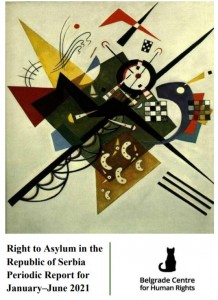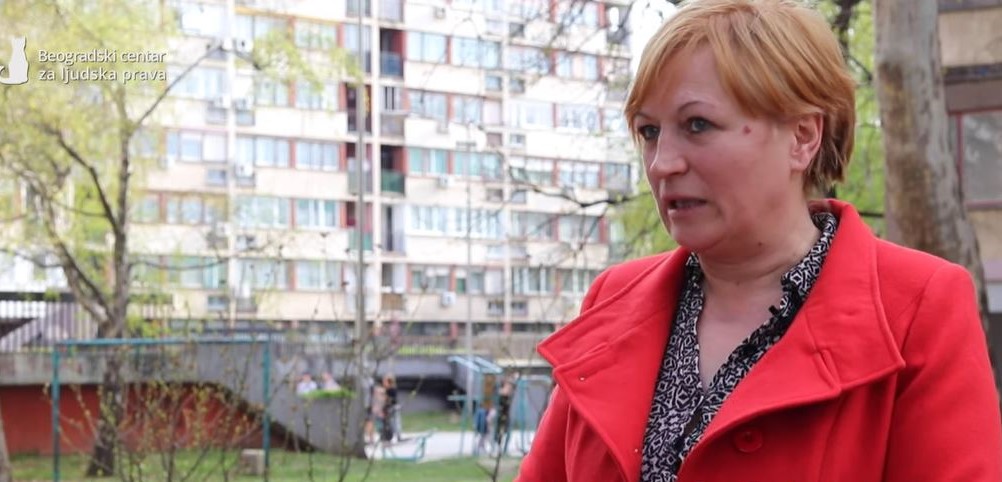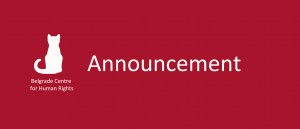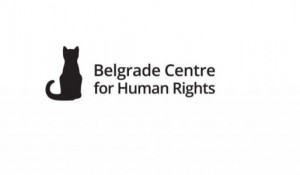The draft Law on Internal Affairs threatens a wide range of human rights
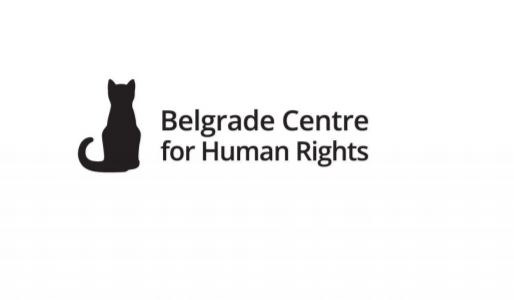
The new Draft Law on Internal Affairs, if passed in its current form, will undermine the achieved level of human rights, including the right to freedom of speech and the right to privacy.
The proposed Articles 44, 156 – 158 of the Draft Law regulating data processing systems, as well as surveillance and recording in public places endanger the right to privacy of citizens and introduce total surveillance without any court control and completely contrary to the standards of the GDPR and the Law on protection of personal data.
These regulations can also have a detrimental effect on endangering the secrecy of journalistic sources, which develops the effect of self-censorship and prevents the work of journalists, primarily those who investigate and report on corruption and organized crime.
We remind you that these provisions are contrary to the goals in the Media Strategy, which envisaged strengthening the protection of journalistic sources, which can only lead to such proposals in the opposite direction.
Also, the restrictions provided for in Articles 25, 58 and 59, as well as the penal provisions in Article 355 which provide for high penalties for natural persons, both for the use of the term “police” and for revealing the identity of an police officers, jeopardize the regular work of journalists, reporting in public interest and lead to an absurd situation since the use of the term “police” must require the permission of the line minister. Revealing the identity of a police officers, who apparently will no longer wear badges with their last name but will be a combination of letters and numbers, will also be punishable, even though he is an officials whose work must be under public scrutiny.
The work on this Draft Law was rather non-transparent and the interested parties, despite the program of public hearings, which was published on the website of the Ministry of the Interior, were not informed about it.
We invite all interested individuals and organizations to take participation in the public debate to try to defend our rights together. Amendments to the proposed Draft can be sent by interested parties to the e-mail [email protected] no later than September 18, 2021.
- Independent Journalists’ Association of Serbia
- Independent Journalists’ Association of Vojvodina
- Slavko Curuvija Foundation
- Partners Serbia
- Association of Online Media
- A11 Initiative
- Transparency Serbia
- European Movement Serbia
- Youth Initiative for Human Rights
- Belgrade Centre for Human Rights
- Autonomous Women’s Centre
- AS Center
- Association of local independent media Local press
- Anti Smoking Educational Center – RP
- Western Balkans Institute
- Sandzak Committee for the Protection of Human Rights and Freedoms
- TV Forum
- Center for women studies
- Lawyers’ Committee for human rights YUCOM
- Association of Media
- CRTA
- Committee for Human rights Nis
- Alternative home
- NGO Libero
- Belgrade Centre for Security Policy
- Civic Initiatives
- BIRODI







